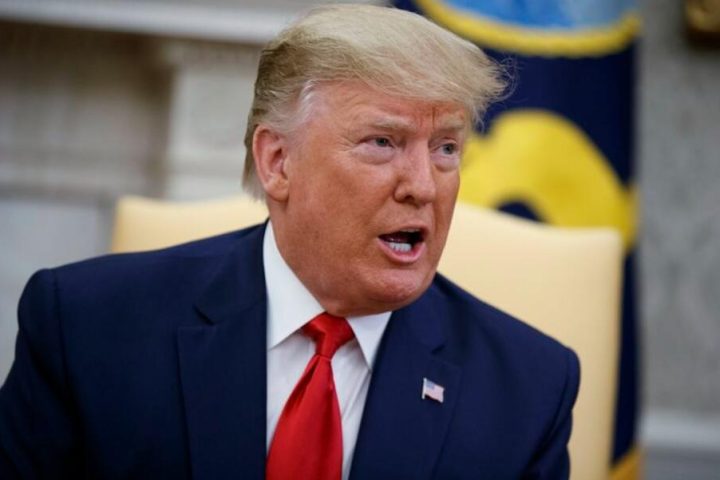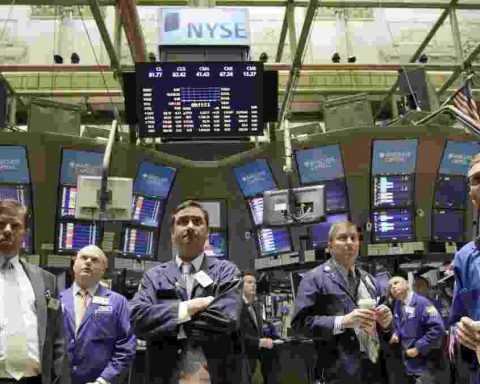The world’s leading electric vehicle manufacturer is struggling against local competitors in the largest car market, as sales of its China-made vehicles hit record lows. On Wednesday, the company announced a subsidy for buyers of its Shanghai-produced Model 3 sedan—already one of the country’s priciest cars—in an effort to strengthen its position in the fiercely competitive market. This incentive marks the first move in what Tesla is calling its “Year of the Snake.” The American EV giant faces intense rivalry from Chinese automakers like NIO, Xpeng, and Li Auto, which are introducing more affordable models to challenge the market leader.
The company said the new offer, which will apply to both its front-wheel drive and all-wheel drive Model 3s and Model Ys, will save owners 8,000 yuan ($1,098) in vehicle insurance premiums, or about a fifth of the cost of one year’s worth of premiums. It significantly discounts the premiums charged for most other EVs in the country.
In the latest sign of a slowdown, sales of Tesla’s China-made Model Y SUV slumped in February to their lowest levels since August 2022, with deliveries falling 49.2% year-on-year and 51% sequentially. The company blamed the decline on the Lunar New Year moving from February to late January this year and the impact of a shift in production of the Model Y Juniper facelift.
China’s EV industry is under intense pressure to lower prices amid tight credit, rising fuel costs, and fears of a global trade war that could boost the tariffs the United States levies on Chinese exports. In January, BYD deepened a three-year-old price war in the world’s largest car market with the launch of smart EVs equipped with advanced driver-assistance systems starting at below $10,000, which prompted peers including Leapmotor and Geely to follow suit with affordable rollouts of their own.
Tesla has cut the price of its China-made cars in recent months to try to win customers from rivals, but such a move isn’t a long-term solution. It also risks eroding its reputation in a region that’s been hesitant to embrace electric vehicles, particularly among middle-class consumers.
The company has also been struggling with its Gigafactory construction in Nevada and has seen its share price tumble about 60% this year. Some investors worry that the company will eventually run out of cash and could have to rely on debt financing, though the company has been able to raise funds for expansion in the past. A recent report by BofA Merrill Lynch lowered its rating on the stock to “sell” from “buy,” saying it had a low probability of returning to its previous valuation. However, despite the current difficulties, the company is still expected to return to profitability in 2025. It is not clear, however, how soon that might happen. The analyst cut his target price to $380 per share from $490.














